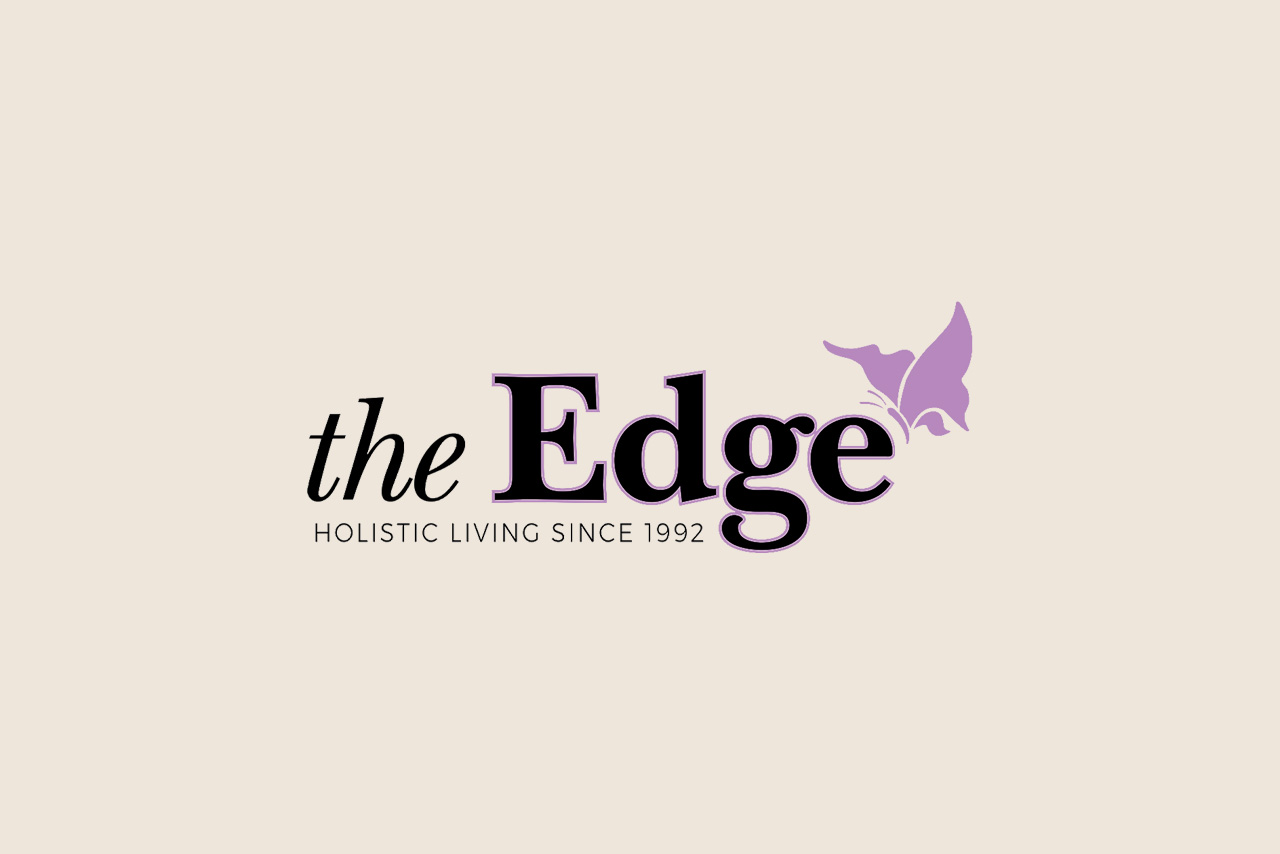
As a leadership coach and consultant, I frequently hear people in business saying things like ‘he wants to be liked too much to be a good leader’. This comes from the perception that wanting to be liked gets in the way of making tough decisions or avoiding uncomfortable conversations. And it is true that leaders need to make decisions in service of the whole system they lead, not just for the individuals within them, which means that almost inevitably leaders will sometimes be unpopular, disliked even.
So how can we build our tolerance for being disliked, so that we don’t get knocked off course by the opinions of others? We’ll start by looking at the impact of fear itself on our performance and then move to what we can do to overcome this all too human fear.
What happens to us when we fear being disliked?
Full disclosure – I have spent a lot of my life wanting to be liked. As an extrovert I have what psychologists sometimes refer to as an ‘external reference point’. I want other people to see me, recognise me, tell me I’m doing a good thing. This is a mixed blessing. It can serve as a great motivator for me to give my best and stretch me to do great things, but it can also trip me into anxiety or fear, which is never a good starting point.
The truth is that unless we are in very real, life-threatening danger, fear always holds us back – for many reasons. To start with it can trigger what is known as an amygdala hijack – when our fight, flight, freeze response is activated and we start reacting in survival mode rather than working from a proactive place. Fear jangles our nervous system and releases our stress hormones. Furthermore, when we are coming from a place of fear the voice of our inner critic dials up, making us compare, worry and judge ourselves harshly. Feeling fearful distracts us from getting on with the job in hand, and simply stops us being available to give of our best in the present moment.
If we want to start changing any habits or patterns of behaviour, it can help to get really good at noticing how we react to things so that we can then pause to reflect and make a conscious choice to re-set differently. Noticing when we feel fearful is key – whether it is feeling physically jangled or that our inner critic gets really loud – because then we can start to practice how we might respond differently.
How to overcome the fear of being disliked
At heart, the antidote to fearing others disliking you is to build a stronger inner sense that who you are and what you give to the world is enough. There is a real need to develop your own inner compass, based on what you think about who you are and what you do. This can give you a state of calm, safe in the knowledge that you have enough to be and do what is required of you.
Building your inner state of being enough starts with checking in on your mindset. The fear of being disliked puts us into a mindset of scarcity – where we fear that we lack something, or that others will judge us harshly. We want to move instead to a mindset of ‘enough’ – where we accept ourselves for all our flaws and talents and stop looking to others for approval. We become our own point of reference rather than giving this job to others.
Developing an ‘enough mindset’ moves you away from the fear of not belonging towards a state of self-acceptance. It is a mindset rooted in the belief that we have all that we need – sure we can change and grow, but the starting point is well grounded in self-belief. Instead of fearing the opinion of others, you build up your own sense of knowing who you are and who you want to be in the world. Try getting really clear on your values as a way of reminding yourself of your own ‘true north’. This can be such a powerful antidote to the judgement of others.
Another powerful practice is turning your focus away from what others think and towards gratitude and appreciation for what you bring to the world. A gratitude practice is a simple way of moving your critical inner voice out of the way and honing in on the positives. In doing so you are staying present in the moment, and triggering hormones like oxytocin and dopamine, which also aid performance. An appreciation practice is a great tool for offering yourself another alternative to that inner critic and inviting a voice that reminds you of what you do well, rather than what you lack. Again, this will move you away from the fear response which is so unhelpful to how we show up.
So the next time you find yourself fearing what others think, notice what it feels like, take a moment to pause and choose to re-set your focus on what you believe yourself to be. Breath in and appreciate one thing in the present moment. Over time this will soften the grip of the fear of being disliked and help you to build your sense that you are enough. And there’s no holding you back from there!
First published in Fast Company.


